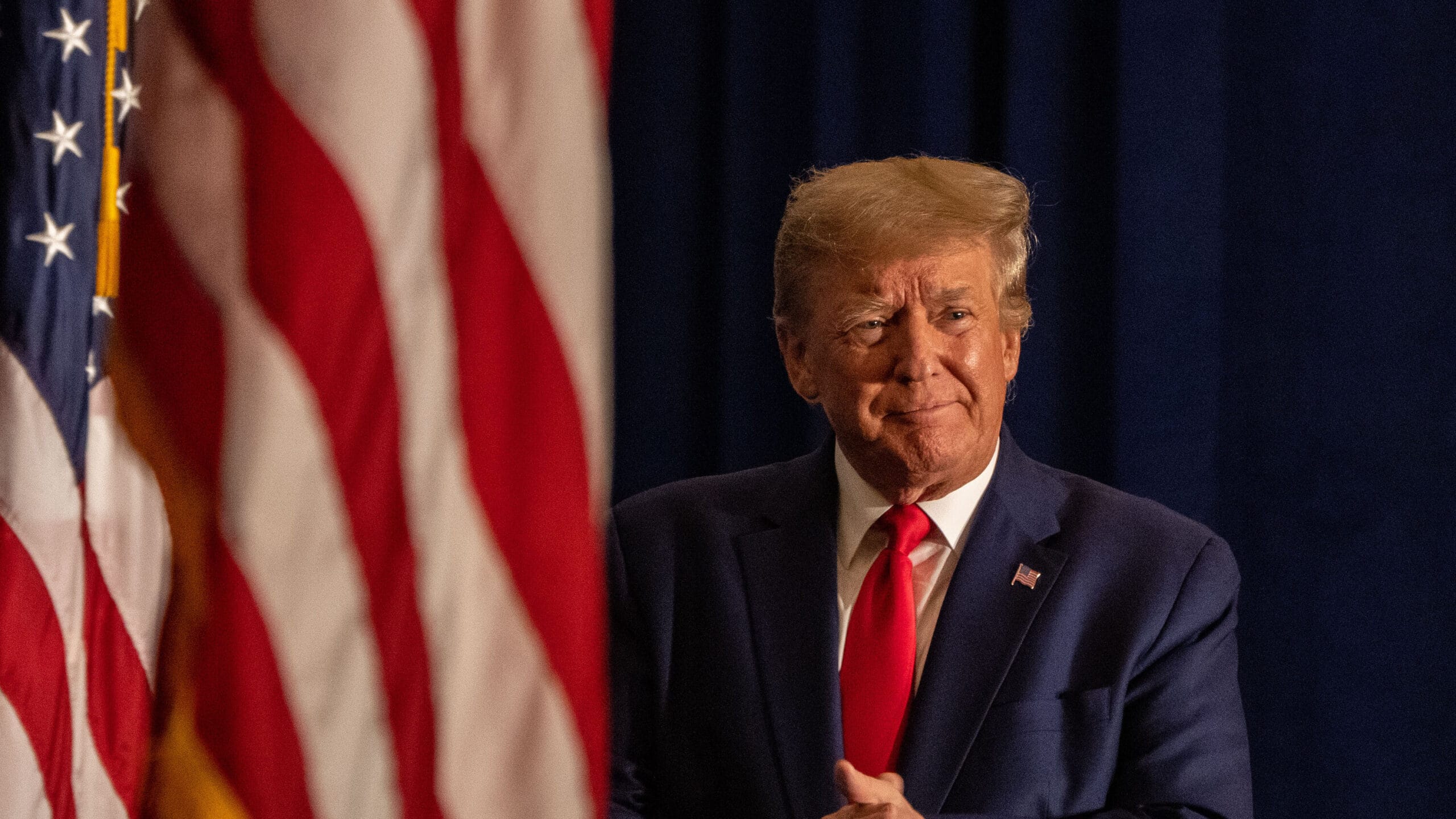In a surprising turn of events, Republican leaders announced the withdrawal of a proposed spending bill, citing pressure from prominent party figures, most notably former President Donald Trump and tech entrepreneur Elon Musk. This decision highlights the ongoing tensions within the party as it seeks to balance the demands of various factions while addressing fiscal concerns that resonate with its base.
The spending bill in question aimed to outline the party’s financial priorities for the upcoming fiscal year. It included provisions for healthcare, education, and infrastructure, reflecting an approach that many Republican lawmakers believed would appeal to their constituents. However, as the bill progressed through the legislative process, it faced a backlash from influential voices within and outside the Republican Party.
Trump, who continues to wield substantial influence over the GOP, publicly criticized the spending proposal. His opposition was rooted in concerns that the bill did not align with his vision for fiscal conservatism, particularly in the context of reducing federal spending and prioritizing tax cuts. Trump’s endorsement is seen as critical for many Republican candidates, and his disapproval prompted widespread apprehension among party leaders who worried that failing to heed his call could result in unfavorable consequences during upcoming elections.
Elon Musk, the billionaire CEO of Tesla and SpaceX, also weighed in on the matter, advocating for a financial strategy that promotes innovation and economic growth while discouraging excessive government intervention. Musk’s influential status in the tech industry and his vocal presence on social media platforms contributed to shaping public discourse around the spending bill. More than just a business magnate, Musk’s opinions resonate with a certain segment of the Republican base, particularly those who prioritize technological advancement and a free-market economy.
The reaction to Trump’s and Musk’s criticism was swift; GOP leaders felt compelled to reassess their proposed spending strategy. The decision to scrap the bill signals an attempt by Republican leaders to solidify support within the party’s ranks while being responsive to influential figures who have considerable sway over party politics. As differences in ideology become increasingly pronounced among Republicans, the challenge lies in finding common ground without alienating key constituencies.
Furthermore, the decision comes against the backdrop of an increasingly polarized political climate. Many Republican lawmakers express frustration over the inability to push through bipartisan compromises, particularly on issues that affect everyday Americans. The abandoned spending bill underscores the difficulty of navigating complex issues in a fragmented party landscape.
This political maneuvering raises questions about how the GOP will reposition itself moving forward. With the midterm elections approaching, party leaders must demonstrate unity and a clear vision to attract voters. The implications of abandoning the spending bill could potentially ripple through various legislative efforts in the coming months, especially as lawmakers aim to prioritize critical agenda items such as national defense spending and economic stimulus initiatives.
As the GOP recalibrates its strategy, support for a more fiscally conservative approach appears to be gaining momentum. Party leaders are cognizant of the need to present a cohesive narrative about their financial priorities, especially when contrasting their platform against perceptions of Democratic spending practices. The withdrawal of the spending bill may serve as a precursor to future proposals that more closely align with Trump’s vision and Musk’s emphasis on innovation.
In conclusion, the retraction of the spending bill underscores the intricacies of contemporary Republican politics. With strong influences from figures like Trump and Musk, the party faces the challenge of maintaining its traditional platform while embracing new ideas that resonate with its members and constituents. The path forward remains uncertain, with GOP leaders tasked with addressing both internal and external pressures as they prepare for the elections ahead. The evolving dynamics within the party will be essential to watch as they continue to define their legislative agenda and strategies in the coming years.


